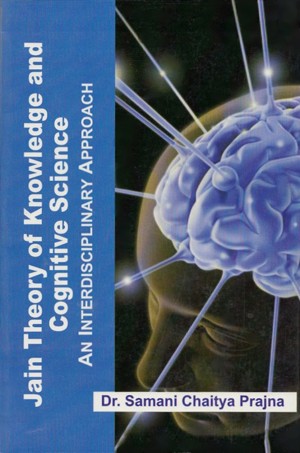The two terms cognition and knowledge are used interchangeably. Cognition refers to the inner processes and products of the mind that lead to 'knowing'. The Dictionary of Philosophy defines cognition as a mental process connected with formulation of beliefs and acquisition of knowledge. It includes all mental activity such as remembering, symbolizing, categorizing and even dreaming.[1]
The basic question of epistemology and cognitive science is how do we know about the external world? One can only be directly aware of inputs that impinge directly on one's body and activate neurons in your skin, ears, eyes, etc. For instance, when one reads this page, light reflected from it bombards the eyes and on other side sound waves from the radio beat the ears. The senses of smell and taste are simultaneously stimulated as one drinks coffee. Touch sensitive receptors all over the body are activated by clothes and so on. Unaware by these marvellous but ordinary activities, the mind calls upon its reading skill, stores memories of what one has read, and still has the capacity to appreciate the music from the radio simultaneously. All these activities are controlled by the brain, an organ weighing about three pounds (about 1.5 kilograms) encased within your skull composed of billions of nerve cells. The brain is connected to the rest of the body by dozens of slender cables or nerves. With all the hardware discovered and known, the software built in the consciousness that run or process these activities is difficult to understand. There are number of models that explore these processes. The present work is an attempt to study few of them in the light of Jain model of information processing.
Jain canons provide a composite model of neuro-cognitive process with wide details. The present work is an approach to study various kinds cognitive processes described in Jainism as theory of knowledge in relation with Cognitive Science and Neuroscience. The present chapter is a brief introduction of the key concepts of the study as follows:
- Jain Theory of Knowledge and Consciousness
- Cognitive Science
- Neuroscience
- Jain Theory of Knowledge and Neuro-science.
 Samani Chaitya Pragya
Samani Chaitya Pragya

